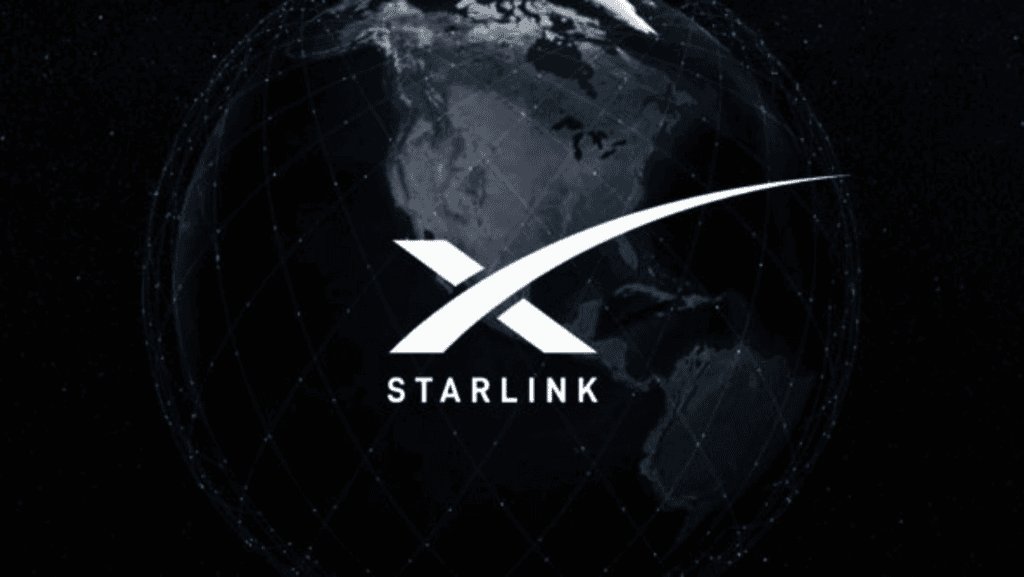
‘Starlink’ Policy Could Reshape Black Ownership Rules in South Africa’s Legal Sector
Lawmakers weigh possible exemptions for high-skill industries, sparking concerns over economic transformation and global investment.
A controversial policy proposal known informally as the "Starlink exemption" has stirred robust debate within South Africa’s legal profession, as lawmakers weigh whether to revise Black ownership requirements for law firms and other high-skill sectors. While Parliament recently rejected the proposal in its current form, discussions remain ongoing, and any eventual policy shift could have transformative implications for Broad-Based Black Economic Empowerment (B-BBEE) compliance and the broader legal services industry.
The Origin of the 'Starlink' Controversy
The policy gained traction after Elon Musk’s Starlink, a global satellite internet provider, withdrew its service from South Africa in 2023, citing the country's equity ownership rules as prohibitive. South African law mandates that entities in certain sectors maintain a minimum level of Black ownership to operate or qualify for government tenders, a key pillar of the country's post-apartheid economic redress strategy.
Proponents of easing these requirements argue that highly specialised industries—particularly those dependent on global capital or technical expertise—should be exempt from rigid ownership thresholds. The rationale is that foreign investment and advanced services could be stifled by existing compliance burdens, particularly for small law firms and international legal networks seeking to enter or expand in the South African market.
Parliament Pushes Back—for Now
On May 24, South Africa’s Portfolio Committee on Trade, Industry and Competition voted against the proposed exemption, affirming its commitment to economic transformation and historical redress.
In a statement, the committee emphasised that “any deviation from Black ownership requirements risks undermining the core purpose of B-BBEE policy.”
However, the proposal remains under review, with legal experts predicting a potential sector-by-sector compromise.
The Department of Trade, Industry and Competition (DTIC) has confirmed that it is consulting industry stakeholders, including bar associations, legal firms, and B-BBEE verification agencies, to determine the impact of such an exemption if reintroduced.
Implications for the Legal Profession
If enacted, the policy could mark a seismic shift for South African law firms, many of which currently structure their partnerships, equity shares, and procurement practices around B-BBEE scoring matrices.
According to the Legal Practice Council, over 65% of large law firms in South Africa currently meet Level 1 or 2 B-BBEE status, while smaller firms, particularly those tied to international parent firms, face difficulties in meeting equity ownership targets.
Opponents argue that allowing exceptions could create a two-tier legal market, where elite, international firms benefit from regulatory relief, while Black-owned practices continue to face economic disadvantages. Others fear it could create legal loopholes that dilute the spirit of employment equity and transformation laws.
The Balancing Act: Investment vs. Equity
At the heart of the debate is whether economic development and social justice can be reconciled within a rigid compliance framework.
South Africa's B-BBEE Act, enacted in 2003, was designed to undo the structural inequalities of apartheid by promoting Black participation in all spheres of the economy. Legal firms are assessed on ownership, management control, skills development, and procurement, among other criteria.
International legal service providers, particularly those operating in arbitration, intellectual property, and cross-border finance, have pushed for greater flexibility. They argue that without a policy shift, South Africa risks becoming isolated from global legal markets.
Expert Insight
Sunil Ambalavelil, Chairman of Kaden Boriss and a top-rated lawyer based in the UAE, offered his insight on the issue:
-
“This debate isn’t unique to South Africa. Jurisdictions across the world are grappling with how to balance sovereign equity mandates with the globalisation of legal services.
-
If implemented wisely, such reforms could attract foreign investment while preserving local empowerment goals.
-
The key is in transparent compliance structures, regular audits, and clear boundaries to prevent exploitation.”
Next Steps
Although the initial proposal has been struck down, the DTIC has not ruled out further policy discussions. A white paper on professional services and economic transformation is expected later this year, which may include revised guidelines for high-skill sectors, including legal, accounting, and engineering professions.
For now, the legal community in South Africa remains in a state of uncertainty, caught between the nation’s commitment to equity and the pressures of a globalised economy.
For any enquiries or information, contact info@thelawreporters.com or call us on +971 52 644 3004. Follow The Law Reporters on WhatsApp Channels.